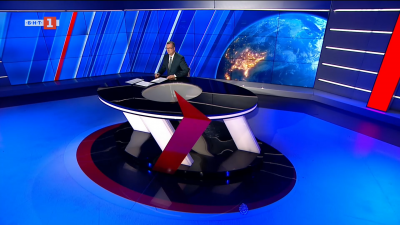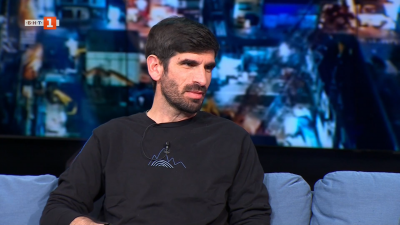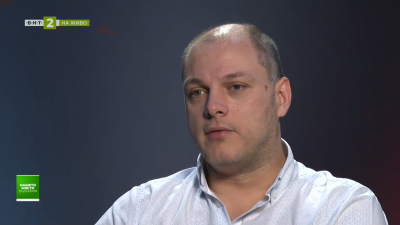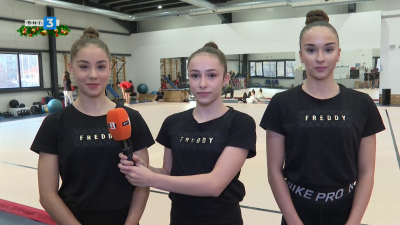Protesting vine growers and winemakers block Burgas-Sunny Beach road
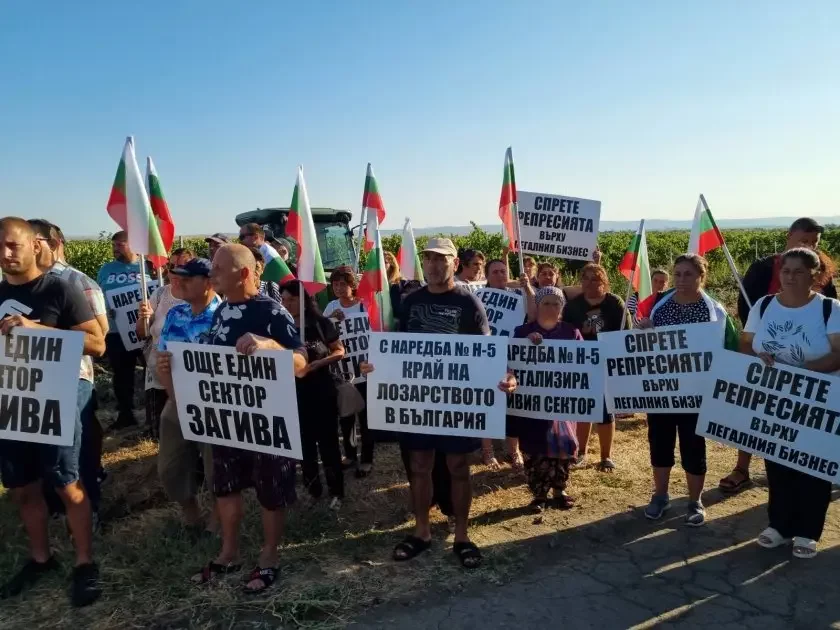
Vine growers and winemakers on July 31 blocked the main road to Sunny Beach seaside resort in the area of Kamenar near Pomorie. Vineyard owners deployed heavy equipment at one of the roundabouts. Within minutes, kilometre-long queues of cars formed.
They are protesting against an ordinance of the Finance Ministry about according to which each grape grower must collect and weigh grapes directly in the vineyard, then send an electronic report to the National Revenue Agency (NRA) with an electronic signature and receive a code from the revenue agency.
Only then can the grapes leave the vineyard.
The industry believes that this is practically inapplicable, as there is no internet in the vineyards, nor qualified people to handle this. And while the process lasts, the grapes may ferment.
Despite repeated calls for this control to be scrapped, the industry says their demands have so far been to no avail.
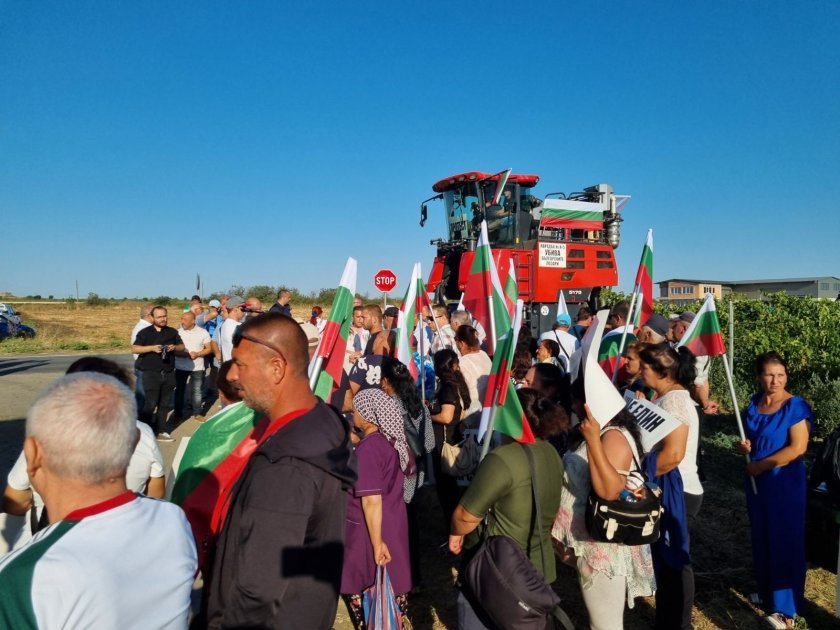
The ordinance is unenforceable, we have to have a weighing scales, which is absolutely impossible as it is a huge expense, there is no electricity, no sites, no access, it is a big facility, say the vinegrowers.
They say this will lead to a lot of grapes not being harvested and sold and bankruptcies are possible.
"Grape growers are extremely worried because there are a lot of elderly people among them, they don't have a laptop, they don't have an electronic signature. How are they going to file these reports, there is no electricity on the vineyards. The other thing is, there are vineyards where there are no mobile phones, let alone internet, to send the report from there," added Yordan Chorbadzhiyski, president of the National Chamber of Vine-growers.
"There are people who haven't even finished 8th grade. They can't work with such things, such documents," said Stoyanka Taneva.
"This protest is not about money, it's not about subsidies. We really want the opinion of working people to be heard," said Dimitar Pilontov, a vine grower.
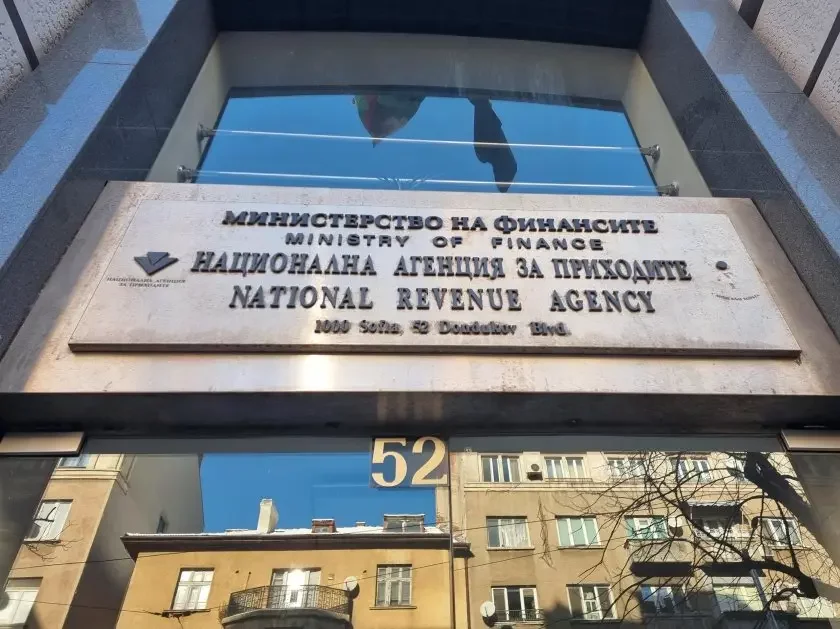
In response to the announced protest actions by vinegrowers and winemakers, the National Revenue Agency circulated a position, in which it clarified that it has been monitoring the movement of high fiscal risk goods identified as such since 2014 due to their use in value added tax fraud schemes. These are excise goods (fuels) and fast-moving goods (fruit and vegetables, meat and meat products, milk and dairy products, sugar, coffee, nuts, etc.) that can be used to commit tax fraud in a significantly short time. The list has been updated several times over the years.
Grapes are among the high fiscal risk commodities most commonly used in VAT fraud schemes and have been identified by the revenue agency as high risk, NRA said.
NRA has received a number of signals from local producers asking for protection of their products. As a result of numerous joint inspections with the Executive Agency for Vine and Wine, large stocks of wine grapes without a document of origin have been found in recent years, respectively without the taxes due on their sale being charged. In order to curb the informal sector, regular joint checks are also carried out with the Customs Agency. During these inspections, significant breaches of the legislation have been detected and large quantities of alcohol without excise labels have been found.
The analyses carried out make it clear that removing wine grapes from high fiscal risk commodities, as requested by the protesters, may favour the smuggling of produce and value added tax fraud.
Get the latest news wherever you are!
Follow us on
Facebook
and
Instagram
Follow BNT’s YouTube channel
You can now also watch us on
TikTok
Find us on
Google News








